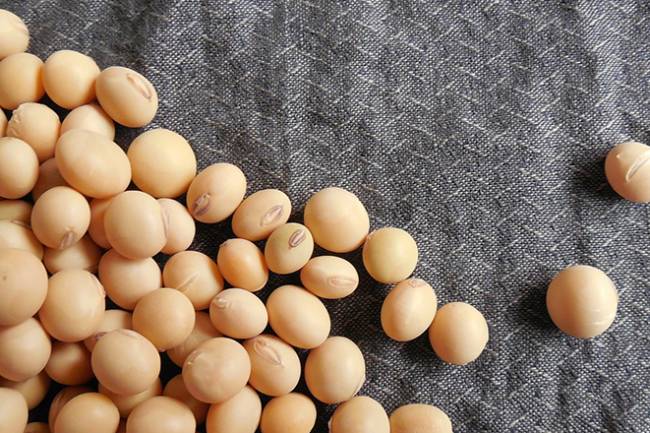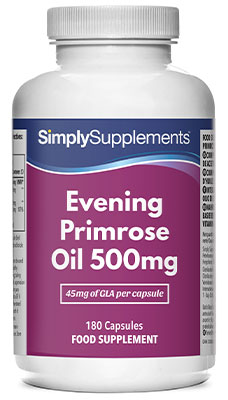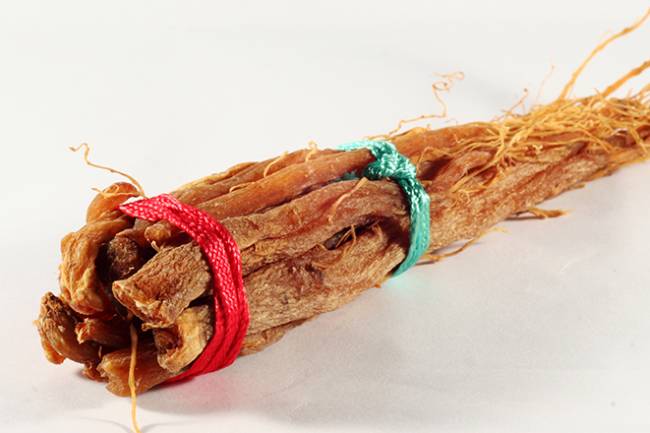Natural Remedies For Period Pain

For many women, their monthly menstrual cycle is nothing more than an annoyance. For others, it can be so severe that it seriously disrupts everyday activities like going to work or school.
The key cause of this disruption are the menstrual cramps often referred to as period pain. While over-the-counter painkillers can be effective at relieving painful cramps, we’ll be discussing natural remedies for period pain that may be more suitable for long-term use.
What Causes Painful Periods?
When the lining of the uterus is being shed and expelled from the body, this alone obviously causes pain and discomfort. For some, though, pain and cramps are much more serious, with some likening the pain to that of a heart attack. How do they become so painful?
It’s almost like a chain reaction: the contraction of the uterine walls compresses the blood vessels inside them, cutting off oxygen. The body’s reaction to this is pain, as the cells require oxygen to survive. Alongside this there’s a hormone-like substance called prostaglandin, which makes the uterine muscles contract more and causes a dull ache or throbbing in the lower abdomen. This pain often radiates to the lower back and thighs and can last for days making for a thoroughly miserable time.
There may also be pre-existing conditions adding to the pain too, things like fibroids (benign tumours in the uterus) or endometriosis (where the uterine wall grows in the fallopian tubes or ovaries). Pain caused by these will need specialist treatments to deal with them.
Condition or not, these remedies may help you cope with severe period pain:
Heat
One of the most popular forms of pain relief, applying heat to the abdomen and lower back can help to ease pain and relax the contracting uterine muscles. Try using a hot water bottle, heating pad, or a hot towel applied to the source of pain to relieve aches and pains. An extension of this is to take a warm bath, which can help soothe aches and pains all over the body. Adding oils like lavender can help you further unwind and forget about the pain.
Hot drinks may even be helpful as hot liquids increase blood flow to the skin and can relax cramped muscles. Keeping hydrated is also important to help reduce bloating and water retention during your period, so skip the caffeinated drinks and alcohol, and opt for a warming herbal tea instead.
Diet
Continuing from the previous point, any foods that cause bloating like soft drinks should be avoided, as this can place extra pressure on your uterus. Irritable bowel syndrome (IBS) can affect period pain, and vice versa – the two conditions are a very uncomfortable duo when combined. Try to avoid any of your trigger foods if you know them. Even without IBS, foods like wheat, beans, onions, broccoli and barley cause excess bloating in everyone, and avoiding them during your period can help with the pain.
Exercise
Many of you probably scoffed reading the heading, but there’s some evidence that says some light exercise can help with period pain. It might be the last thing you want to do when your period hits, but if you push through then you might see some benefit.
No one’s expecting you to go jogging or cycling, but gentler exercises like walking or especially yoga can help ease pain. Simple stretches might not seem like they have a massive effect on the body, but the increased blood flow caused by stretching transports oxygen more efficiently to cells. Even small amounts of activity can release endorphins in the brain, which act as natural painkillers.
In the long run, maintaining general fitness all month round is thought to help with period pain – why not keep up the yoga and reap even more benefit for your next period?
Ginger
The ginger root is a natural pain-killer that has anti-inflammatory properties and can alleviate period pains as it can help to lower the levels of prostaglandins in the body. It can also help with nausea and stomach upsets, which some women are prone to during menstruation.
Adding ginger to your diet can mean more than just adding the spice to more of your meals. You can also make a ginger tea by grating a small piece into a cup of boiling water with some lemon, or even add a small chunk to a morning shake or smoothie. If you absolutely can’t stand the flavour, add daily ginger supplements to your schedule.
Calcium and Magnesium
Calcium and magnesium are important for normal muscle function and contraction and are often taken in combination. They also have an effect on the smooth muscle in the uterus, where cramping occurs. Magnesium is a mineral that a large amount of people are deficient in, which may be another reason why some many people have painful periods.
One study found that calcium supplements improved menstrual cramps, mood, concentration and behaviour in premenstrual women. A separate study found that 360mg of magnesium daily for three days prior to the start of menstrual bleeding offered significant relief from dysmenorrhea (the medical term for very painful periods).
Omega 3 Fatty Acids
Omega 3 fatty acids help to lower inflammation throughout the body; they are the basis of another chemical in the body called PGE1, which counteracts the effects of prostaglandin. Several studies have found links between low blood concentrations of omega 3 and increased menstrual cramps.
The findings suggest that omega 3 supplements need to be consumed daily for at least two months to improve symptoms of dysmenorrhea. The best food source is oily fish such as salmon and mackerel while vegetable sources such as flax seeds are also beneficial.
Evening Primrose Oil
The oil extracted from the evening primrose plant is a rich source of gamma linolenic acid (GLA). In the body, GLA interferes with the production of inflammatory prostaglandins released during menstruation and so can offer some relief from menstrual cramps, as well as bloating, headaches and breast tenderness.
Some women also find that evening primrose oil supplements help to promote a steadier emotional balance and a more relaxed mood.
Conclusion
It’s easy to reach for the ibuprofen and other painkillers when you begin your period, but they may not be an option for everyone. Additional relief may also be needed for those with particularly painful periods. These natural remedies may give you the extra comfort you’re seeking for. For the best results, they should be viewed as long-term solutions; supplements and lifestyle changes that can be made to have a positive impact on dysmenorrhea going forwards.
If you find that your periods continue to be extremely painful, to the point of debilitation, then please visit your doctor to find out whether there’s a medical solution. Don’t be afraid to consult them also if you have any concerns about any diet, exercise or supplement regimes clashing with any conditions or medication you’re already taking.

 Nicole
Nicole 

























